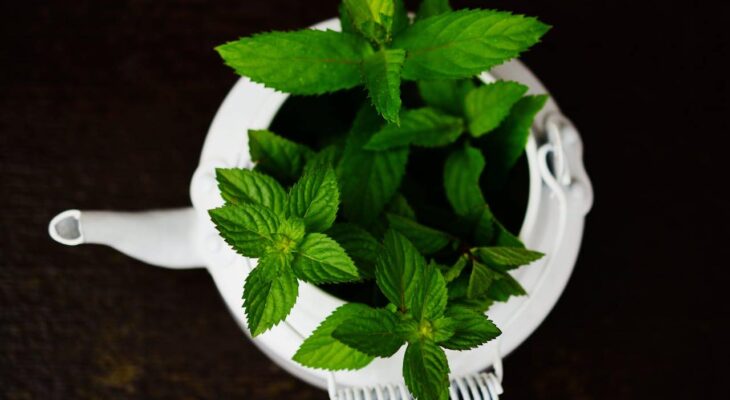In the modern, fast-paced world, an increasing number of people are seeking healing via the use of natural treatments and holistic approaches. As time goes on, it appears that people are becoming more aware of the significance of taking care of themselves. The good news is that many of these plants can be grown directly in your backyard or even inside your home, making them quite accessible whenever you feel like you could use a little bit of a boost to your health.
Lavender
Lavender is a magnificent plant that has a wonderful aroma, it also has several wonderful advantages. Because of its well-known capacity to assist in the relaxation and unwinding of its users, aromatherapy frequently makes use of this substance. For minor cuts, scrapes, and bug bites, it is an excellent choice due to its antibacterial and anti-inflammatory characteristics, among its other uses. For optimal growth, plant it somewhere sunny and make sure the soil drains well.
Aloe Vera
The healing properties of aloe vera are comparable to those of a superhero when it comes to wounds, burns, and sunburns. Its success can be attributed to the gel-like substance that is contained within the leaves. In addition, aloe vera is not only useful for skin problems; it also possesses anti-inflammatory and antibacterial properties, which makes it an excellent remedy for skin conditions such as acne and eczema. What’s the best part? It requires little care and thrives in soil that is dry, well-drained, and receives a great deal of indirect sunlight.
Peppermint
peppermint is not just employed to impart flavor to food. It’s amazing how much of a healthy superhero it is! Due to the presence of menthol in its leaves, it is an excellent remedy for a variety of ailments, including sinusitis, colds, and even headaches. Furthermore, as long as it receives sufficient amounts of water and sunlight, it may be grown quite readily in containers or your yard.
Chamomile
You may be familiar with it via calming drinks or skincare products. Having this item in your cup is like having instant relaxation! It is so wonderful for calming you down, reducing anxiety, and assisting you in getting a better night’s sleep. There are several ailments that chamomile tea can alleviate, and some of these include period difficulties and gastrointestinal issues. For it to flourish, you must ensure that it is planted in an area that has adequate drainage and receives some sunlight.
Echinacea
Echinacea, which is also known as purple coneflower, is highly appreciated for the immune-enhancing characteristics that it possesses. Because it contains components that strengthen the immune system, it is an excellent agent for warding off diseases such as the common cold and the flu. In herbal therapy, echinacea is frequently used to alleviate the severity of cold symptoms and shorten the duration of their symptoms. In addition to requiring well-drained soil, this hardy perennial plant may flourish in either full sun or light shade.
Cannabis
Specialized cannabis seeds contain a small amount of THC and are valued for their nutritional value rather than their psychoactive effects. Despite having a low THC content, these seeds, which are sometimes referred to as hemp seeds, have several positive effects on one’s health. The high levels of protein, fiber, and important fatty acids that they contain, such as omega-3 and omega-6, contribute to the maintenance of a healthy heart, facilitate digestion, encourage healthy skin, aid in the control of weight, improve brain function, and offer anti-inflammatory characteristics. People who are allergic to seeds or nuts, on the other hand, can exercise caution, and it is recommended that they seek the advice of a medical practitioner before incorporating these seeds into their culinary routine.
Conclusion
Through the cultivation of these medicinal plants, you can harness the power of nature to promote your health and well-being if you want to do so. Before utilizing any herbal medicines, it is important to remember to conduct research on the specific growth requirements of each plant and to check with a healthcare practitioner. You may make your very own herbal apothecary right in your own house if you pay careful attention to the process.





